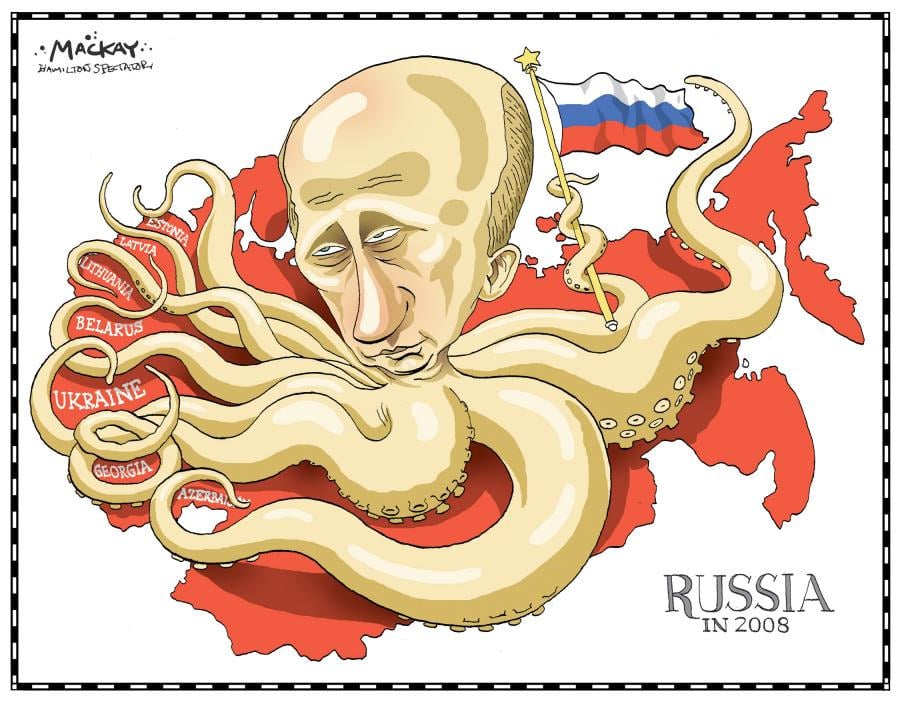In-brief: Russia, China and North Korea are increasingly willing to use offensive cyber operations to weaken their enemies, including the United States, according to a report by the firm Flashpoint, which released its Business Risk Index report on Tuesday.
All eyes were pointed towards Washington DC last week, as the continuing drama around the 2016 Presidential Election played out in the person of fired FBI Director James Comey. His testimony before Congress about his interactions with President Donald Trump took place against the backdrop of numerous Congressional and Justice Department investigations into Russian hacking of Democratic Party organizations during the last election and reports of possible links between the Trump Campaign and Russian Hackers before, during and after the election.
Regardless of the outcome of these investigations, it is clear that an organized and months-long campaign of hacking and disinformation believed to have been orchestrated by the government of Vladimir Putin of Russia has sown chaos domestically in the U.S. That may be a taste of what’s to come in other countries as well, as nation states get hip to the notion that offensive, Internet operations provide a cheap, easy and highly effective means of disrupting a geopolitical adversary. For, while it is not clear if Russia’s prolonged and sophisticated cyber attacks and subsequent disinformation campaign were decisive in tipping the scales in the US race in favor of President Trump, it is almost certain that they succeeded in attracting the attention of military and intelligence officials in Pyongyang, Tehran, Brasilia and other would-be regional and world powers.
What is the state of play in cyber warfare these days? To understand better, The Security Ledger sate down with Jon Condra, the Director of East Asia Research at the firm Flashpoint. Condra is the author of Flashpoint’s Business Risk Intelligence Decision Report – Mid Year 2017, which was released on Tuesday. It presents the firms thinking about major cyber security actors including Russia, China, North Korea and Iran, and trends, including cyber crime and hacktivism.

“This is the first time we saw the power of viral news and the whole fake news thing came out of that. It’s a challenge that we’re going to continue facing,” he said. While Russia may not have counted on Trump winning the Presidency, the country certainly saw the utility of offensive cyber operations in weakening the bonds between what had been a united front of western nations opposed to its interests. That’s a lesson that won’t be overlooked, especially for a government like Mr. Putin’s that is far more interested in cheap, easy ways to weaken its enemies than expensive, long-term, domestic reforms that strengthen Russia. “This is something we’re going to have to deal with again and again,” Condra said.
Condra said that poor but aspiring nations like North Korea long ago realized that cyber attacks are a cheap and effective way to strike geopolitical foes when aircraft carriers and missiles aren’t at hand. “North Korea has proven itself to be a potent player,” he said, and has leveraged its close ties with China to become a formidable online adversary. There are constant attacks against North Korea’s sworn enemy: South Korea, but also targets like Sony Pictures Entertainment and (possibly) the WannaCry malware. In keeping with its MO, the country has distinguished itself among nations for its aggressiveness and willingness to launch offensive operations even in the absence of overt conflict.
Check our full conversation in our latest Security Ledger podcast or over at Soundcloud. You can also listen to it on iTunes. As always, if you like our intro music, give some love to the group JoeLess Shoe, who recorded “Baxton,” the song we use in just about every podcast.

